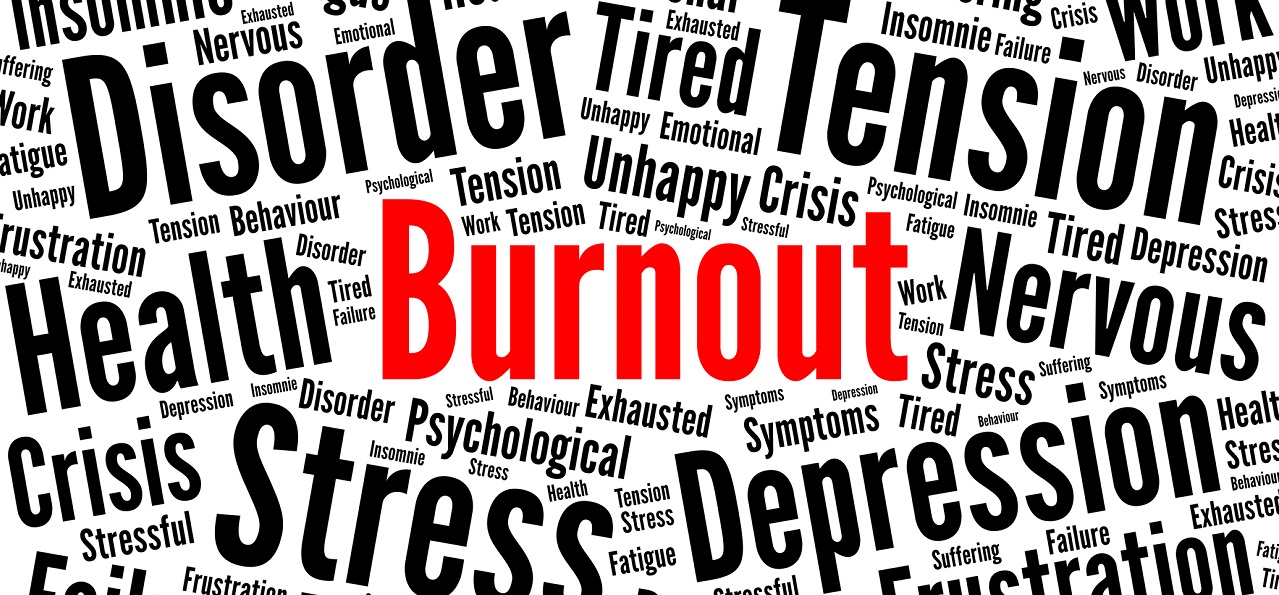In today’s economic environment, maintaining good mental health is, of course, a challenge for all of us. However, a study from McGill University in Canada found that people who were engaged in contingent, contract or casual, fixed-term positions were more susceptible to poor mental health than those in long-term, stable employment. After all, it is this population of workers who are constantly joining new employers, and therefore having to adjust to the culture of their latest company and team.
Characteristics of Burnout
“Burnout” existed well before the pandemic, and in 2019 the World Health Organization (WHO) officially recognized “burnout” as an occupational phenomenon and classification of disease. WHO states that burnout is a syndrome conceptualized as resulting from chronic workplace stress that has not been successfully managed.
It is characterized by three dimensions:
- Feelings of energy depletion or exhaustion
- Increased mental distance from one’s job, or feelings of negativism or cynicism related to one’s job
- Reduced professional efficacy
Increasingly Contingent World
According to SIA research, 22% of companies utilize contingent workers to help support their business, so this population has become an integral part of most companies’ overall talent ecosystem. It has become imperative that companies, including temporary staffing firms, take the health and well-being of their workforce into consideration.
As it became more challenging to attract and retain workers in a candidate-driven market, companies had to reassess their benefit offerings and become more agile to retain their existing workforce. Employers have been scrambling to put practices into motion to prevent employee disengagement and resignations across their companies.
Employees, meanwhile, started to feel the crunch and reassessed their priorities. Mental health became even more important as the workforce shifted gears and moved to a work-from-home situation while caring for loved ones. At the same time, the pandemic created uncertainty for many who were left wondering if they would still have a job. This uncertainty, coupled with the added stressors of working remotely or taking on additional responsibilities, gave us all a Covid hangover. Now, we all have this looming potential of a recession on the horizon.
But why is it harder for contingent workers? The very nature of contingent work:
- The job insecurity it can bring. Having a definitive end date to their contract and continually having to join a new employer and go through the onboarding process may leave them feeling replaceable or disposable.
- Contingent work brings constant change, so having to adapt to a new work environment and different work arrangements can be stressful.
- A lack of belonging to a company’s core team leads to the perception they are being treated differently than full-time employees.
- The contingent nature of the work can lead to inadequate personal and professional growth opportunities, which in turn can cause stagnation, complacency and demotivation.
- Some contingent roles possibly lack stimulation or challenge.
In my next article, I’ll share some strategies that companies may use to enhance the experience of contingent workers, avoid burnout and boost engagement across the talent journey.









